All nutrients in our body needs to be balanced. Even though for example you have more than enough iron, you still can’t lack vitamins D, E, or even C. However, there are cases where a certain nutrient is abnormal; that’s what we call a deficiency. All nutrients can have deficiency but in this context, we will be explaining why Vitamin C deficiency shouldn’t be overlooked.
Let’s start off by explaining what vitamin C is and what it does in our bodies. In this article, we will help you understand the benefits of vitamin C and why it is important in our daily lives.
What is Vitamin C and what does it do?
Vitamin C is a water-soluble vitamin that helps or improves our immune system. It generally helps in the protection of our body fully and other parts of it as well. Mostly present in citrus fruits, it is also present in different vegetables like broccoli, tomatoes, and cauliflowers. Different fruits like oranges, strawberries, papaya, and kiwi are also vitamin C-rich.
Read: Most People Ignore These Vitamin B12 Deficiency Signs
In addition, there are many supplements that could help us gain sufficient amounts of vitamin C as well. However, it’s not as effective and as better as consuming natural vitamin C-rich food and fruits. By definition, it’s a vitamin that aids in the improvement of our whole immune system. Meaning, it helps in protecting our bodies from diseases, bacteria, and unwanted microorganisms. It helps in the regeneration of cells and tissue connection. Moreover, it also is an effective complement in the wound-healing processes that our bodies partake.
It aids the body form and maintains connective tissues, bones, blood vessels – even the skin. In simpler terms, it is truly an integral part of our system.
Why is having a Vitamin C deficiency dangerous?
Generally speaking, having low levels of vitamin C could mean that your body isn’t being protected enough. It’s safe to say that it’s more prone to different bacteria, conditions, and diseases and it’s put to more risk than a regular body which has sufficient amounts of vitamin C.
To give you an idea on how much vitamin C you need every day:
- An average adult woman needs at least 75mg of vitamin C daily. It could be in the form of fruits, vegetables, or in supplemental tablets.
- Average adult men, on the other hand, need at least 95mg.
Having that said, it’s clear that you really need to be wary of your vitamin C intake daily. You can’t just go about taking supplements, you need to consume vitamin C-rich substances as well.
Vitamin C deficiency is generally just undernutrition. Severe cases, more commonly known as scurvy, however, is a rare case and it can be dangerous. It could be a cause of a much more life-threatening underlying medical condition. It could include symptoms such as rash, hemorrhage, gingivitis, and impaired wound healing.
Read: Home Remedies You Can Do To Help You With Anemia
Low levels of vitamin C potentially could lead to less security and less resistance to microorganisms and bacteria and/or diseases.
Now that we know what we’re dealing with, let’s go to the different things that go unnoticed. Below is the list of symptoms you’re probably missing that might be a hint that you have vitamin C deficiency.
Signs of Vitamin C Deficiency
Regular and sudden nosebleeds

Although nosebleeding could also be caused by the weather, frequent nosebleeding is alarming. It naturally occurs when blood vessels inside the nose burst. In conclusion, if blood vessels are weak, it’s a sure sign of vitamin C deficiency.
Wound healing process is slow
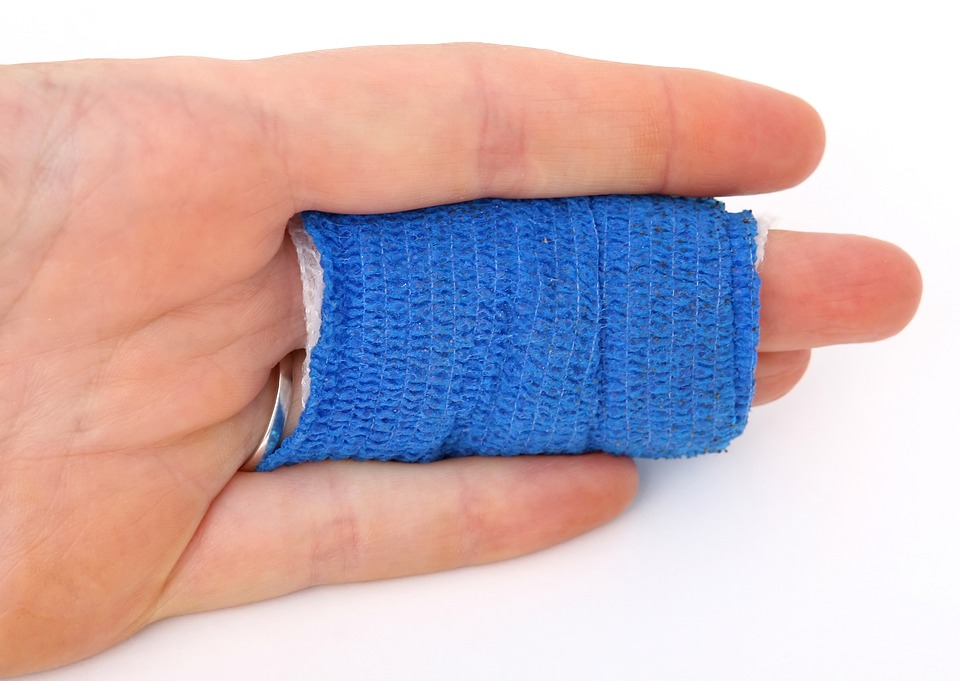
The healing process mostly involves the immune system. If you notice that your body healing process is diminished, the chances of vitamin C levels being insufficient is greater. Since repairs and replenishing of cells and tissues depend on vitamin C, looking into your daily vitamin C intake could be necessary. Longer bleeding and slower healing is one key factor of vitamin C deficiency.
Dry, red, and wrinkled skin

Having reddish, dry, or wrinkled skin does not necessarily mean that you lack vitamin C since it also comes with aging. When it happens to the younger groups of people, it could be peculiar. Getting sufficient amounts of vitamin C can make you look younger because of the antioxidants vitamin C has so if you’re short of it, you might notice wrinkles, dry, and reddish skin; take it as a warning.
Read: 15 Food To Eat to Protect Yourself from Heart Attacks
You bruise easily
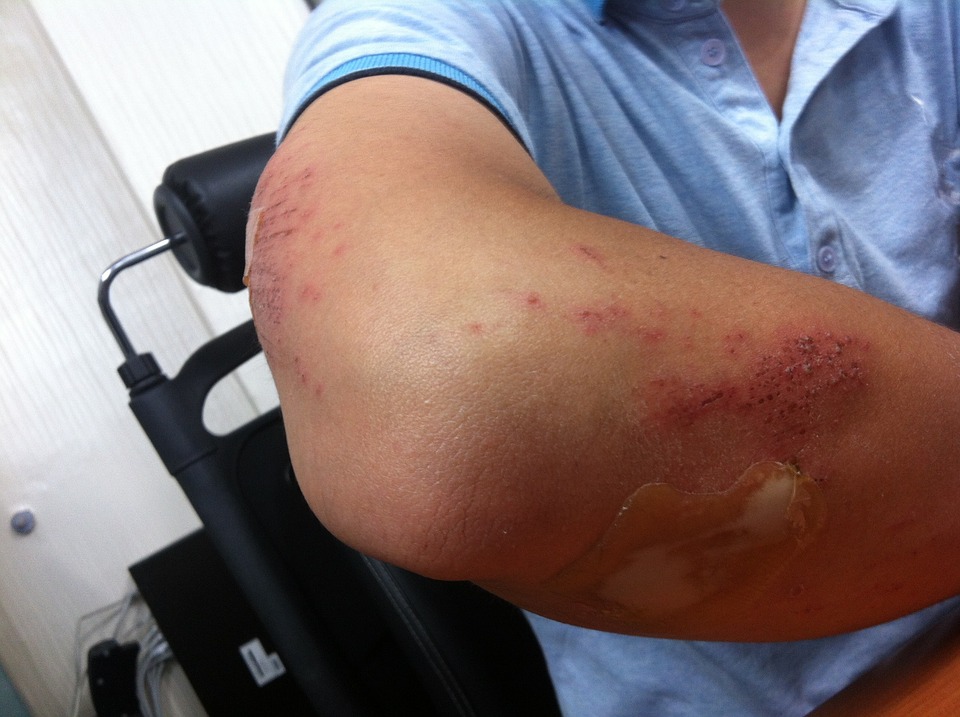
For women who are in their menstruation, this could be normal. However, if you’re not, or if you’re a guy, it could be the main symptom of having deficiencies in your vitamin C levels. Just like nose bleeding, the blood vessels play a big role in bruising. If your blood vessels are thinner and weaker than normal, then you will bruise easily. Vitamin C aids in strengthening blood vessels and cell walls. Vitamin C also boosts collagen production so blood cells don’t easily break down.
Infections become frequent
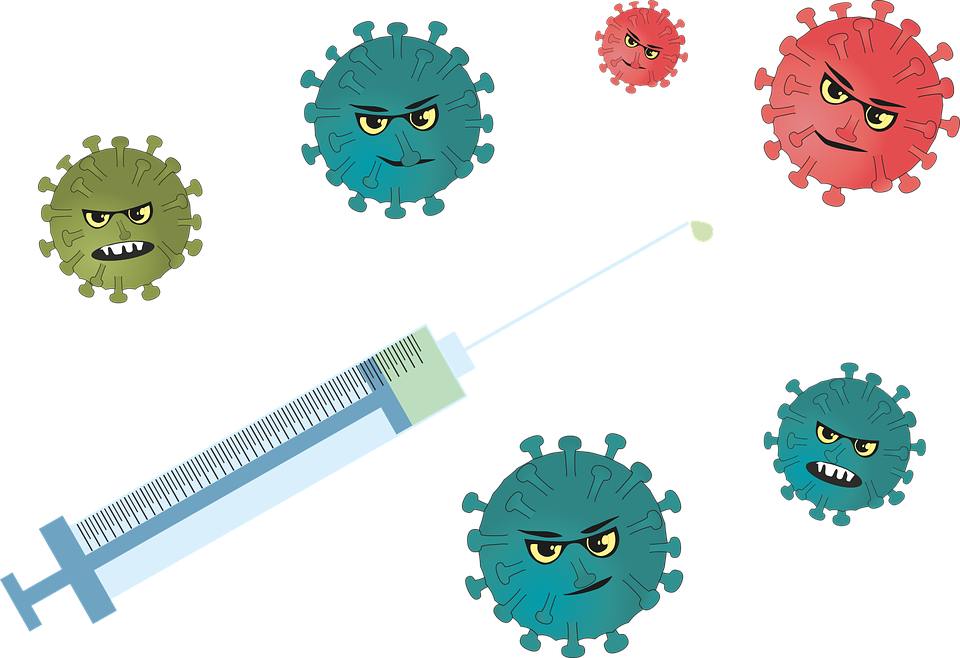
Getting ill is such a pain and being infected with a virus is worse. Although having infections could be because you always stay up late and because of recent events like rain, change of weather but frequently having infections? It’s not normal. One main trait of vitamin C on why it’s so essential is it helps to start the production of vitamin C; it also strengthens it. So if you keep on being infected by viruses, then your vitamin C levels might be lower than the usual.
Gums are swollen and bleeding most of the time
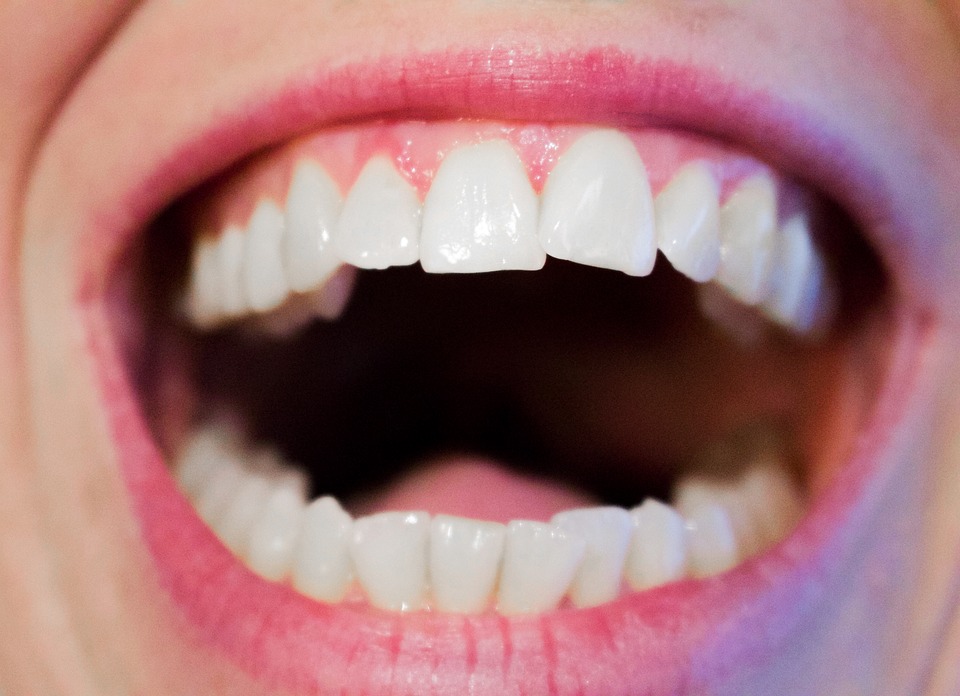
Gum bleeding is normal especially if you regularly brush your teeth. However, if you notice that it’s happening way often than it should, it could be an issue. Vitamin C levels in our bodies are critical to collagen production and synthesis. Our gums need collagen to build up lost cells and tissues – they’re more sensitive when your vitamin C levels fall. They’ll bleed more and they will swell.
Iron deficiency
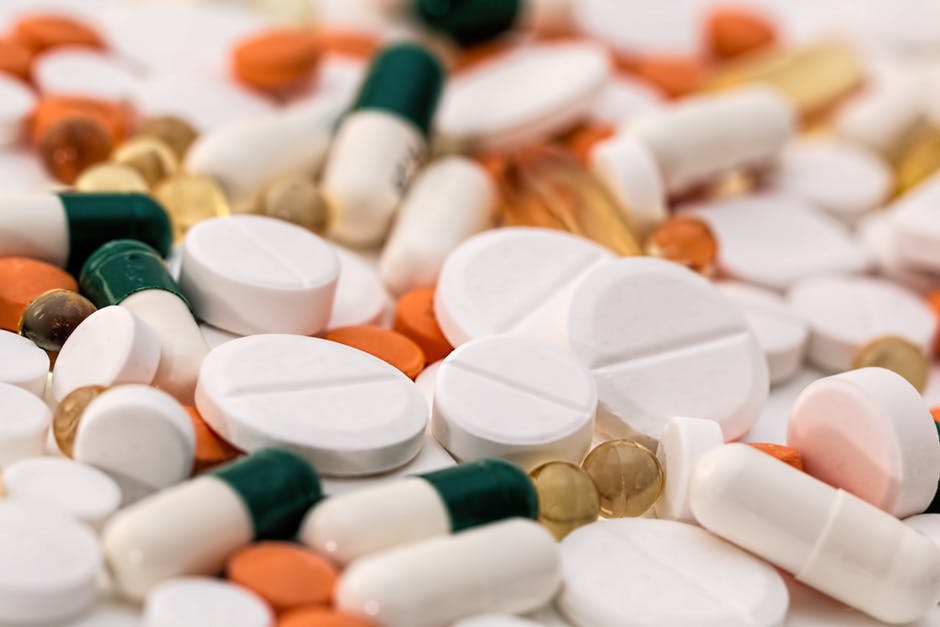
If you notice that you get dizzy more, you may have iron deficiency. Vitamin C and iron deficiency are connected. Although that’s not always the case since it could also be because of overfatigue or staying up too late, feeling dizzy, nauseous, and tired most of the time is not a normal thing. Unless you are pregnant, physically ill, and the like, you should be normal.
Vitamin C deficiency is not a joke. Although it may seem like something that you could catch up to, it’s not the case most of the time. Being vitamin c deficient is not just you having more vitamin C intakes daily, it’s a balance of all nutrients and minerals inside the body including vitamin B12 and Iron.
If you feel and see these symptoms, consult your healthcare professional right away. Don’t just sit and take more dosages every day because that might not work – you’re giving bigger room for yourself to commit more mistakes. It’s still best to consult a physician regarding your condition.


